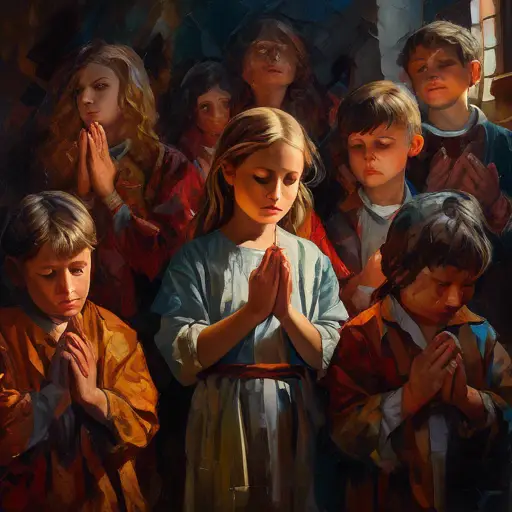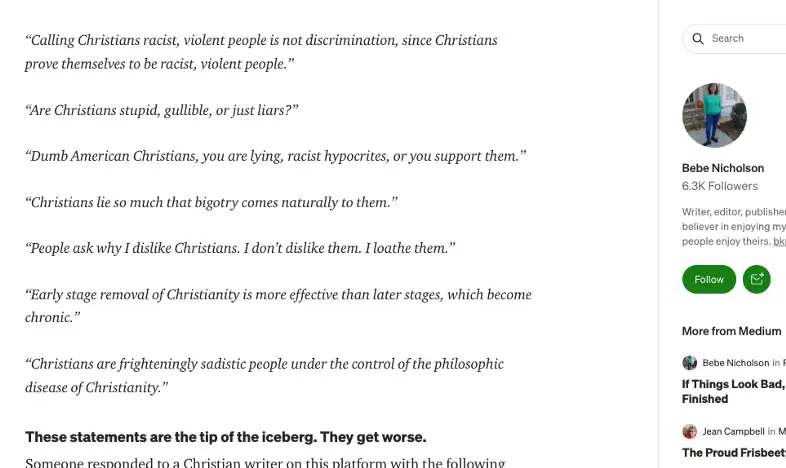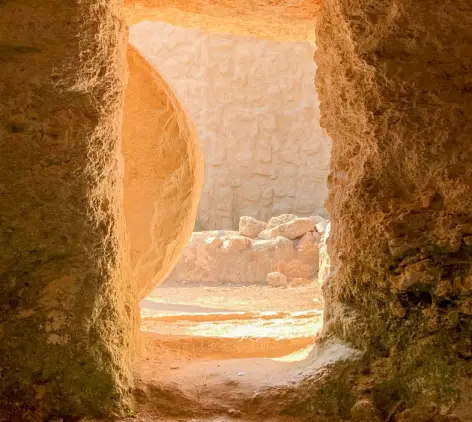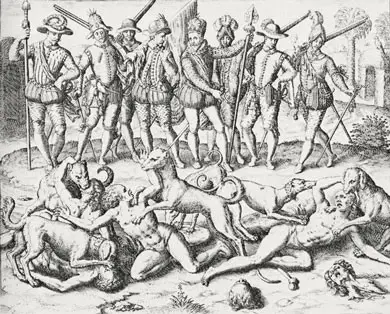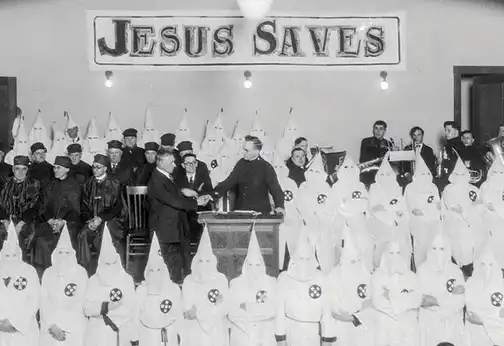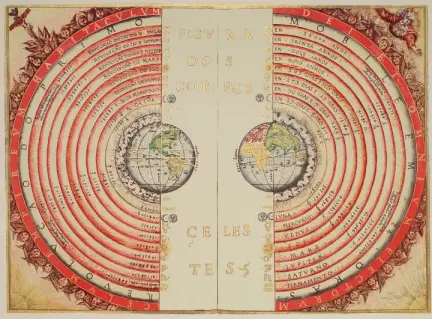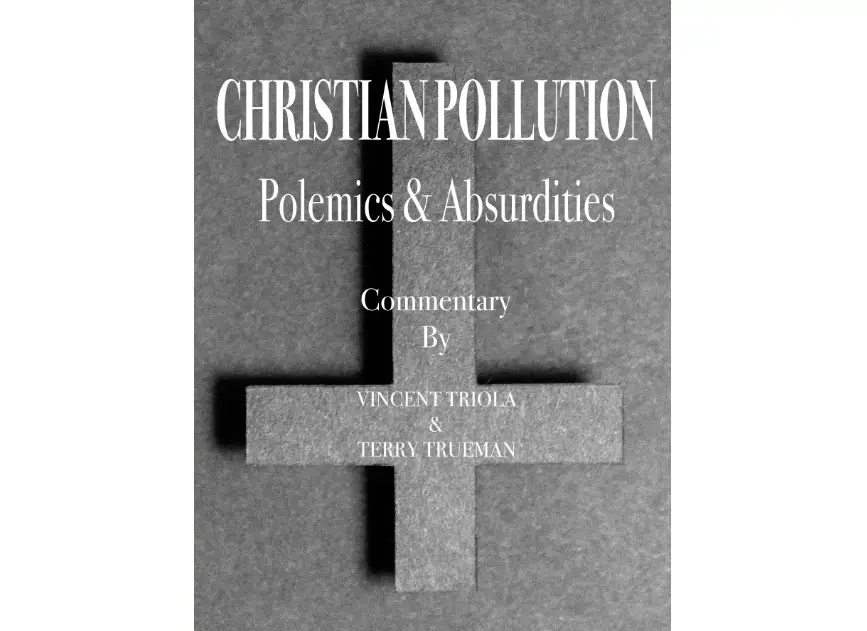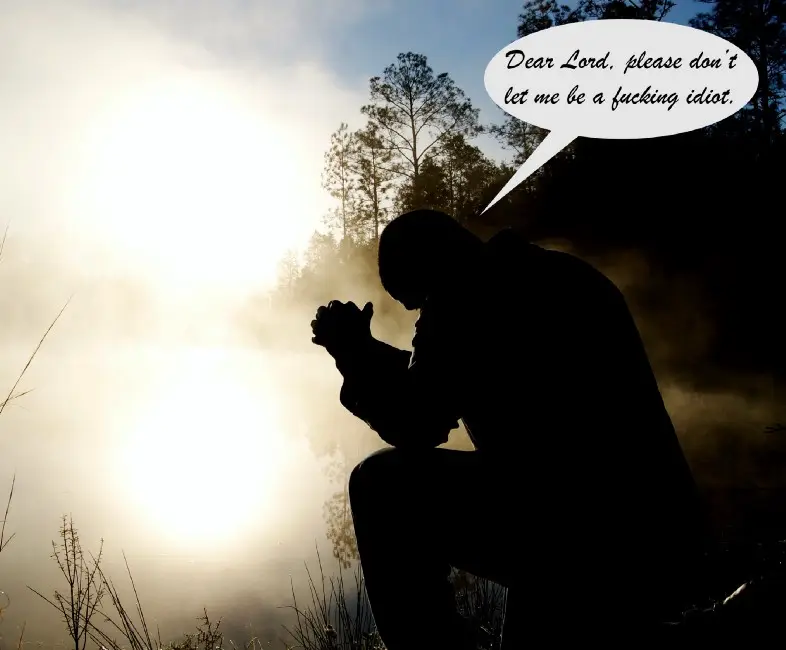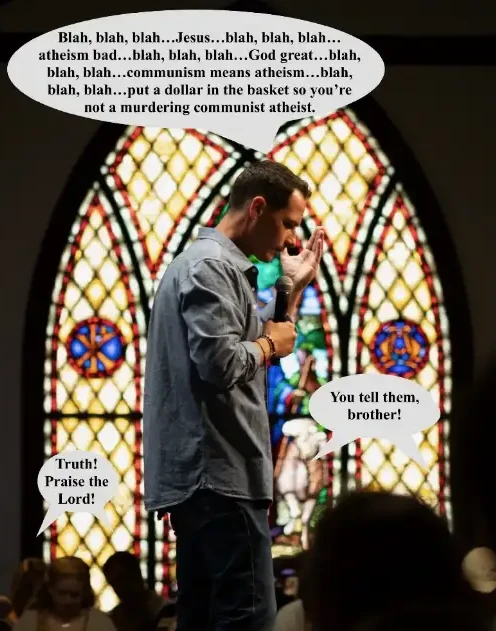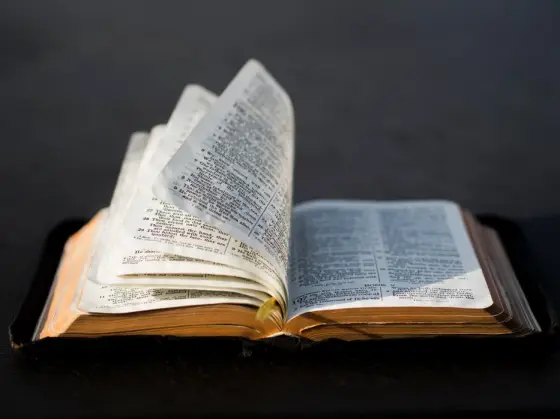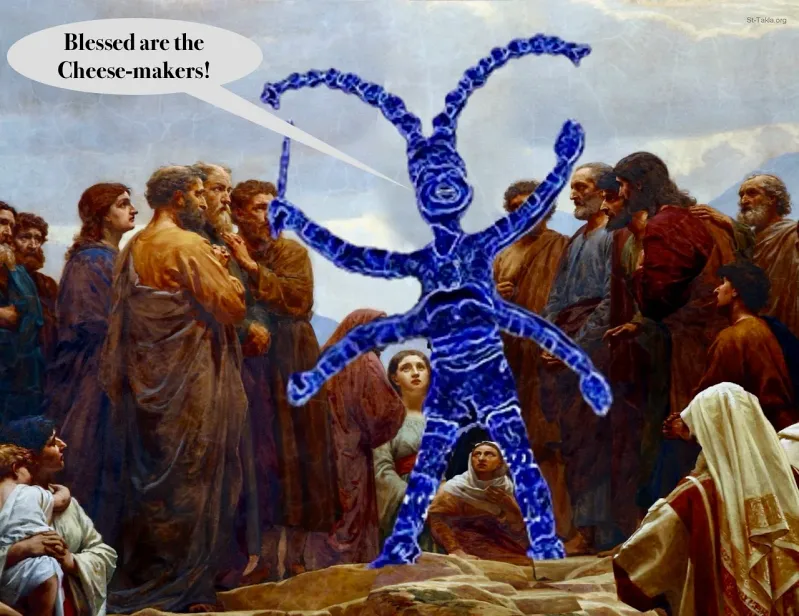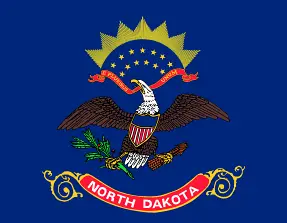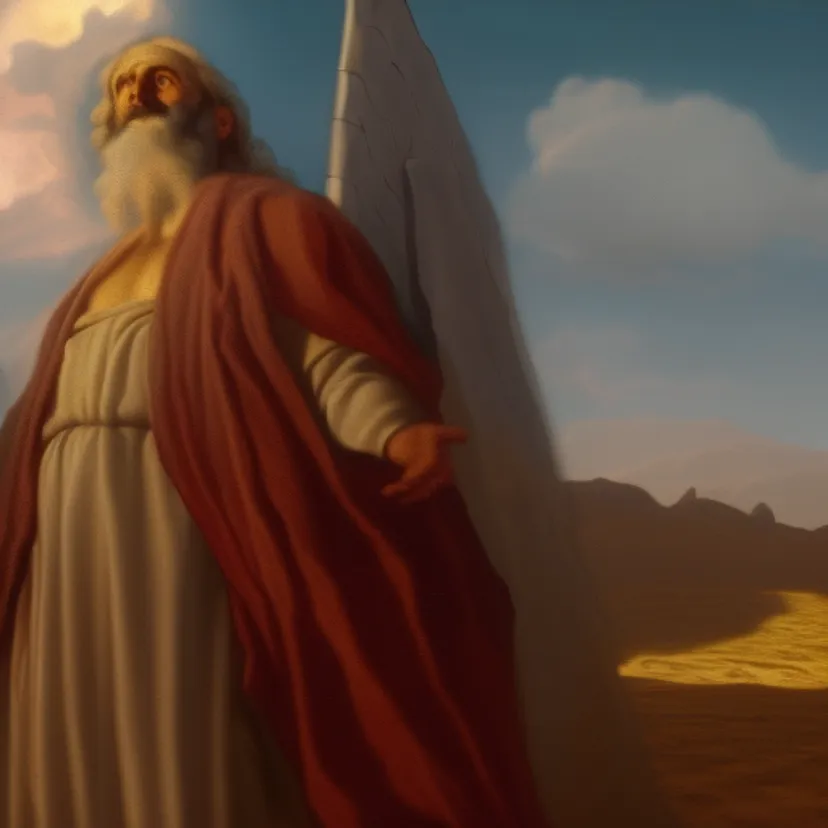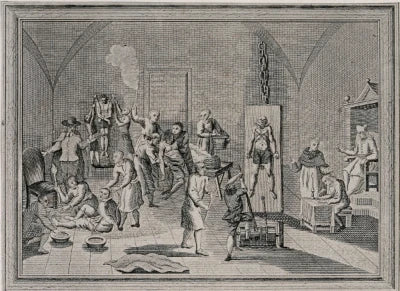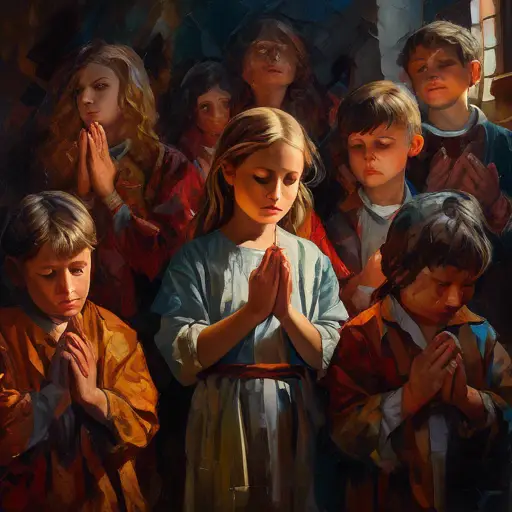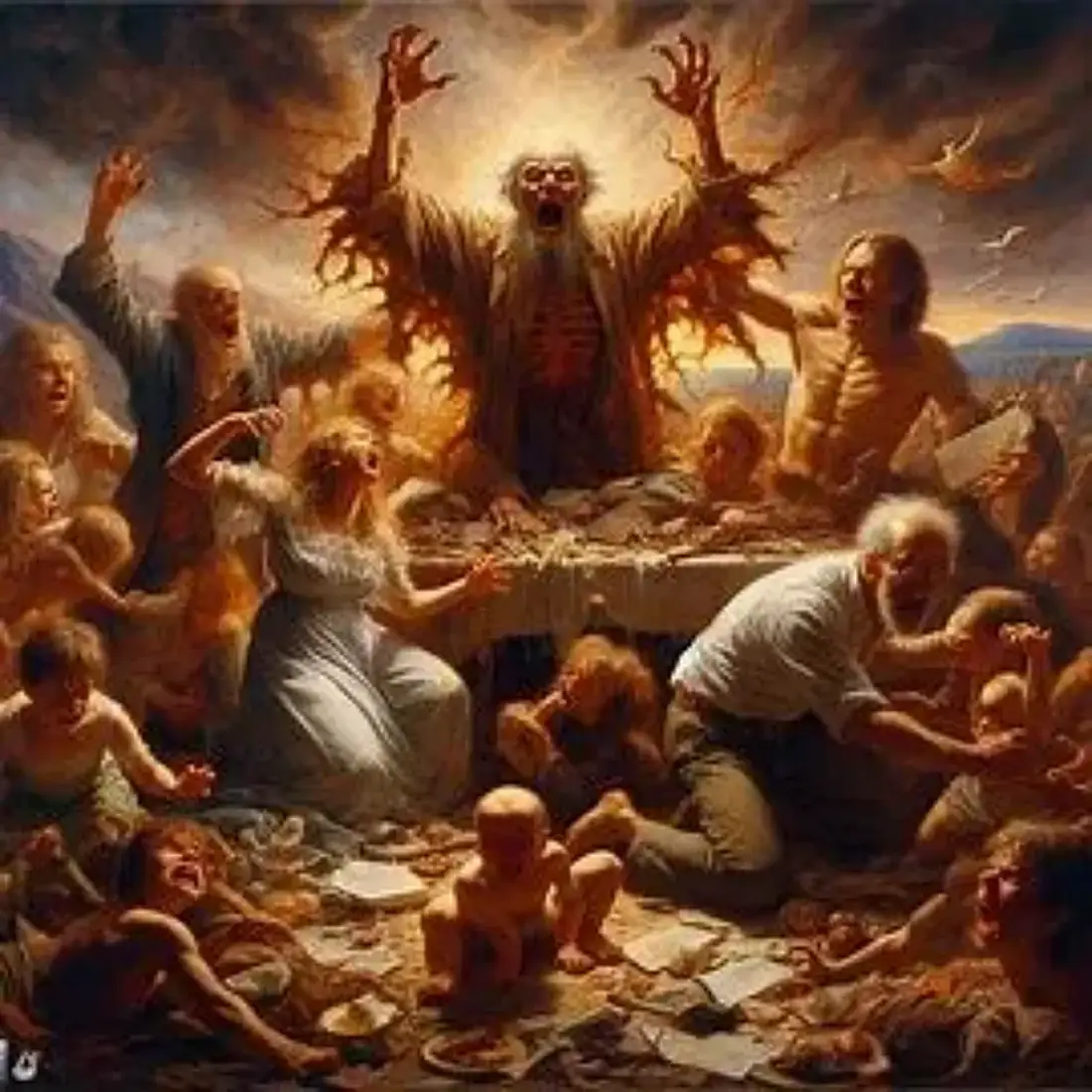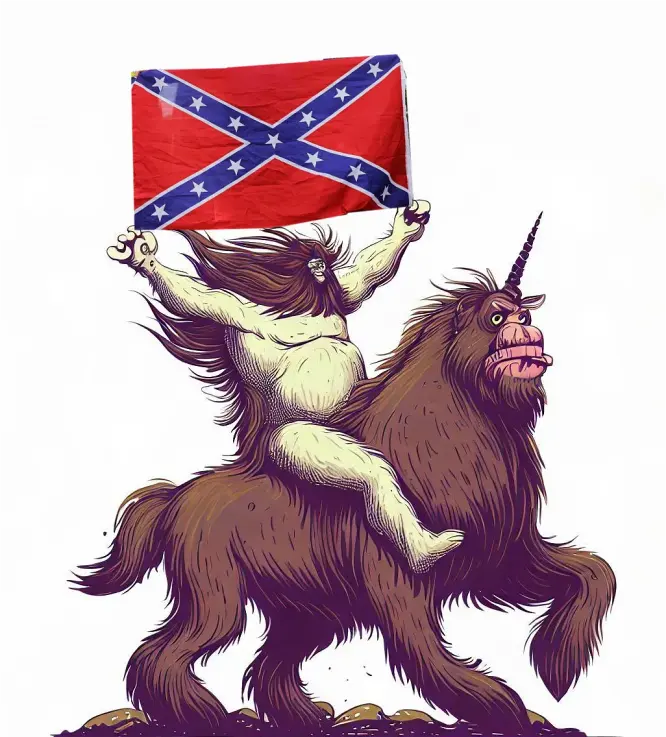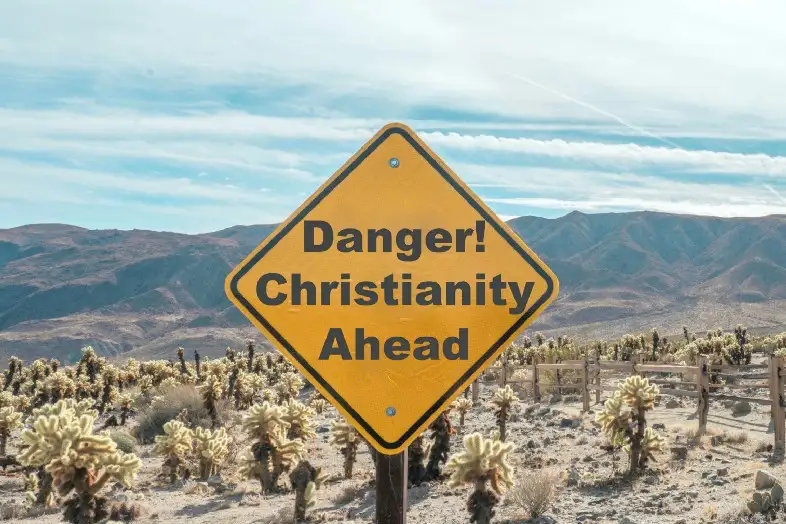Table of Contents
Bible interpretation is no easy task, requiring much effort, prayer, and meditation to write. To truly write effective Bible commentary once must go that quiet place inside and let Jesus enter the peace of spirit and mind. Psalm 24 highlights this need to connect with the Lord as it is perhaps one of the most layered-with-meaning passages in the Bible.
Commentary & Analysis
Psalm 24 is a unique and often darkly commented passage. In many commentaries the verses are interpreted in a serious and severe manner. However, these interpretations often overlook the deeper meaning of Psalm 24. That meaning that is so often unseen is the hope and glory of God’s dominion.
Psalm 24
v1 The earth belongs to the LORD. Everything in it is his own. The world belongs to the LORD. Everybody in it is his own.
v2 The LORD built it on the seas. He founded it on the waters.
v3 Who can go up the hill of the LORD? Who can stand in his holy place?
v4 The person that has clean hands and a pure heart. The person that does not worship idols. The person that does not believe in lies.
v5 The LORD will do good things to those people. God will save them. He will say that they are right.
v6 They are the people that are looking for God. They want to see the face of (the God) of Jacob. SELAH
v7 Lift up your heads you gates (of the city). Lift up your very old doors. Then the king of glory will come in.
v8 Who is the king of glory? The LORD that is strong and mighty. The LORD that is powerful in war.
v9 Lift up your heads you gates of the city. Lift up its very old doors. Then the king of glory will come in.
v10 Who is the king of glory? The LORD Almighty. He is the king of glory!
In order to fully appreciate the underlying message of hope that Psalm 24 gives the reader, one must understand the background of the verse. It is believed that the hymn was most likely written to be sung when the Ark of the Covenant was taken up from the house of Obededom, to remain on the hill of Zion.(1) The psalm is often referred to as the “Song of the Ascension.” It is believed that when David brought the ark to Jerusalem, he wrote the psalm in order to announce the presence and absolute dominion of God.
In many ways this is where the darker interpretation of Psalm 24 is derived. The history of the Ark of the Covenant is steeped in bloodshed.(2) David respects this when he writes:
Who can go up the hill of the LORD?
Who can stand in his holy place?
The person that has clean hands and a pure heart.
The person that does not worship idols.
The person that does not believe in lies.
David tells the listener who may go up Mount Zion (the resting place of the Ark). Although he does not state the consequence for not meeting God’s criteria, the threat is implicit as described in (Joshua 3:3, 6).(3) When the Philistines had captured the Ark, every place they took it was plagued with disaster. At Ashdod the people were infested with tumors and a plague of rats was sent over the land (1 Sam. 6:5). At Gath the people were afflicted with boils until the Ark was removed (1 Sam. 5:8–12). One can see that the Ark of the Covenant bore the eternal wrath of God and as such when taken in this context Psalm 24 can be interpreted in a darker manner.
But if one can imagine the history, with David delivering the Ark to Zion and the psalm being chanted as a procession, the vision becomes clear. The interpretation of the psalm as a dark passage is often derived from the misunderstanding of the connotations of the words. In verse one; The earth belongs to the LORD. Everything in it is his own. The psalm states that God is the possessor of all things and all men and women. Sometimes this is viewed in a harsh or authoritative manner but in reality it is just a statement of fact. God claims ownership by virtue of the fact that he created the world and this gives him this rightful claim.
The ark, being a symbol of God’s presence seems sufficient to explain the glory of God in these passages but it the underlying meaning seems to escape many readers. The psalm as an announcement invites the Jews to partake in the glory of the Lord. The psalm also affirms the reality of the Covenant that God has made with his children. The sacred Ark of the Covenant cannot be overlooked as the significant driving force of the psalm. Any application of David’s words must be considered contextually in relation to the Ark of the Covenant.
The True Purpose
Through the lens of the true purpose of the psalm, one finds the true energy and love of God. Psalm 24 becomes less about the sovereignty of God. This seen in verse 9: Lift up your heads you gates of the city. Lift up its very old doors. Then the king of glory will come in. Again this is an announcement of God’s coming, and the lifting of heads is to acknowledge this idea.(4) The lifting of old doors carries a duality of meaning that in one manner we can see the singer speaking to the old city of Jerusalem; this is a literal understanding.(5) However, the old doors represent the promise of God’s kingdom. They can be seen as the gates of Heaven. It is no coincidence that Jerusalem is the resting place of the Ark, since it is the Promised Land.(6)
Through Psalm 24 one can see the celebration of God’s covenant and ultimate sovereignty. Psalm 24 is considered by many Christians to be prophetic of God’s promise to send the savior Jesus Christ.
Then the king of glory will come in.
Who is the king of glory?
The LORD Almighty.
He is the king of glory!
Why does David ask Who is the king of glory? The question seems abstract and rhetorical. The question can be seen as a literary device, perhaps mean to give emphasis but when one considers the idea of the Ark being the presence of the Father Almighty, then this question seems redundant. However, when one applies the prophetic vision of the Christ King he or she is left with the idea that God is coming (not here already by virtue of the Ark) which could only imply the separate Son or Savior.
The True Beauty of Psalm 24
Perhaps the most interesting interpretation that shows the true beauty of Psalm 24 is the use of Selah (Hebrew: סֶלָה, also transliterated as selāh).(7) The word frequently used in the Hebrew Bible, often in the Psalms, and is a difficult to translate. By its use in the Psalms, Selah can be understood as a pause or refrain however, this meaning is not concise. It has also been described as, meaning “Stop and listen” or “Let those with eyes see and with ears hear” is more concise.(8) There is still another equally strong definition which describes the term as meaning “to weigh”. The ambiguity of the term is ancient as many early commentators did not understand the meaning or used it in a variety of means. However, the definition might not be as much of a problem as it might be carefully chosen concept that multilayer’s the meaning of the Psalm. In one perspective there is a literal interpretation which is a musical refrain but then there is the idea of listening or ‘weighing’ as with scales. One can see the idea of giving thought to what is being stated.
“To what end?” one might ask. This is the true question of Psalm 24, in that God reminds his people of his Covenant and affirms His sovereignty. God tells man to think about these things and to allow the glory to enter their hearts. But what is God asking man to consider? For many commentators and Bible scholars the prophecy of Christ is seen interlaced within Psalm 24. God promises his people salvation and protection.
The Wonders of Psalm 24
Psalm 24 gives direction to those who have the ability to ascend and stand in His holy place. In David’s time, this would have been in the vicinity of the Ark at Mount Zion or in the tent when the ark was being transferred. Approved worshipers would carefully select individuals as the Ark was a great source of power. These individuals would have been scrutinized as to whether they had good character. This idea transcends the literal concept of being Godly and goes deep to the point of questioning one’s own worthiness to be in the presence of God. Psalm 24 reminds believers to be introspective of their own deeds.
But the greatest of all the wonders of the Psalm is the idea that God has left his people with a prophetic promise of a savior. Who is the King of Glory? For Christians, Psalm 24 is a deep and moving insight into the wonder of the Heavenly Father as He keeps his covenant with his people. For the Christian, Psalm 24 is moving and inspirational.
Questions to Consider When Writing a Bible Interpretation
Now that you have seen Bible interpretation in action, you can begin to understand why this task is so complex as to require many hours of prayer and study. Yes, as a freelance writer of essays and research papers, I gave this bible interpretation at least ten minutes of thought as I drank vodka and watched television. What proved most difficult was finding sense in the gibberish Christians believe is the word of God. Here are some questions to ask yourself, when interpreting the Bible:
- What does the fact that a drunk atheist could fake a Bible interpretation tell you, Christian?
- Doesn't the fact that I spent ten minutes writing this moronic article scream the stupidly of your religion since one of your fellow Christians paid me to do this task because they were too lazy or too stupid to fake a pseudo-intellectual discussion?
- Proven by the fact that someone paid to write this nonsense, how could there possibly be any wisdom or deeper meaning in something that can be interpreted anyway you want, even by an atheist?
If you honestly answer those questions, you will know the true Bible interpretation:
There is no word of God printed in a book, and Psalm 24 is as dumb as every other passage in the Bible, so trying to live your life by this nonsense, (interpretable by anyone with a half a brain and keyboard), makes you just as stupid for wasting your time.
Bibliography
(7,8) Brown, F., Driver S., and Briggs C. The Brown-Driver-Briggs Hebrew and English Lexicon (Complete and Unabridged Electronic Edition). Peabody, MA: Varda Books, 2004.
(4,6,9)Keck, Leander, Jr. McCann, and J. Clinton. The New Interpreter’s Bible Volume Iv Introduction, Commentary, and Reflections: The Book of Psalms. Nashville: Abingdon Press, 1996.
(1,5,10) Kselman, John, and Michael Barré The New Jerome Biblical Commentary. 2nd ed. Englewood Cliffs, N. J.: Prentice Hall, 1990.
(2,3,11) Oden, Thomas. Ancient Christian Commentary On Scripture: New Testament, Volume 12. New York: Intervarcity Press, 2008.
Photo by Priscilla Du Preez on Unsplash


